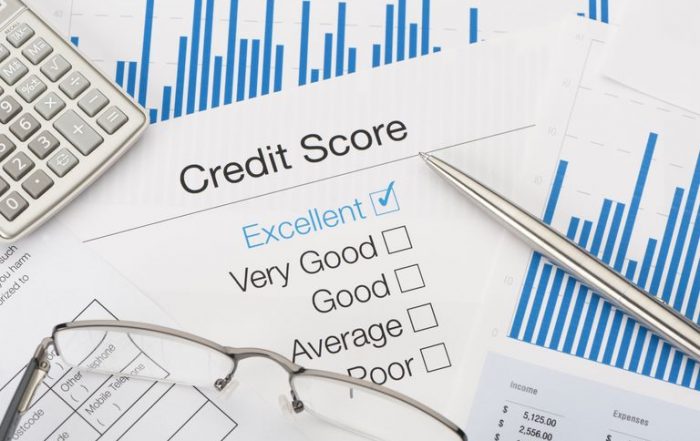
A sad truth is that credit, budgeting and money in general is considered a topic better left discussed in private among family, or is never discussed at all. For some reason it seems like a dirty subject. Many, many people are woefully unprepared to use credit when it is presented to them, and lots of people get into trouble because of it. Personal bankruptcy rates in the United States are high.
Formal credit counselling is a structured process. A general definition of it is that credit counselling is used to help individual debtors with debt settlement through education, budgeting and the use of a variety of tools with the goal to reduce and ultimately eliminate debt.
Credit counselling is most often done by credit counseling agencies, either for-profit or non-profit entities that are contracted to act on behalf of the debtor to negotiate with their creditors to resolve most debt that is beyond a debtor’s ability to pay. Depending on the structure of the agency, fees for services range from none to very expensive. Different states have various regulations governing credit counselling and debt restructuring enterprises. It is the law in the United States that individuals filing for Chapter 13 bankruptcy are required to receive credit counselling.
Credit counselling became mainstream with the establishment of the National Foundation for Credit Counseling in 1951. Banks and credit card companies realized that there was a need for consumer education about best practices for using credit when it became readily available to the general public and resulted in the growth of personal bankruptcy.
A Credit Counselor looks at a person’s total financial situation, and helps them to create a plan to pay off debt. Some of the tools used can include a money management plan, a debt pay down plan, as well as providing free resources and workshops related to money management.
In order for credit counselling to be successful, the debtor must be committed to the process and honest with their disclosures, and the chosen counselor must be reputable, knowledgeable and trustworthy. It must be emphasized that being forthcoming about all debt, expenses and income is the only way to ensure a good outcome.
It should be noted that any actions taken as a result of credit counselling can negatively affect a person’s credit score, at least for the immediate future. The credit counselor will explain how and why this happens.
